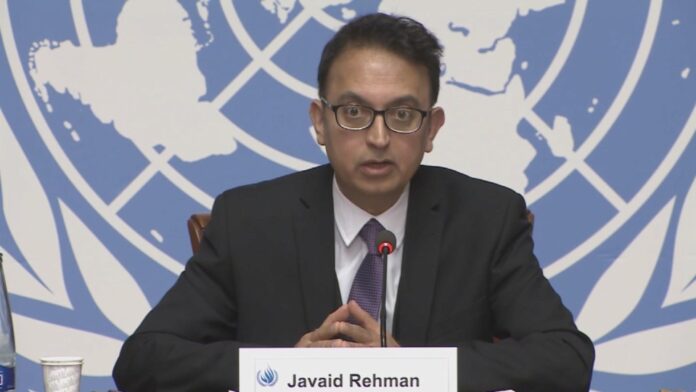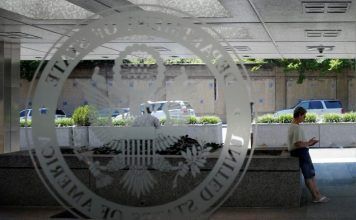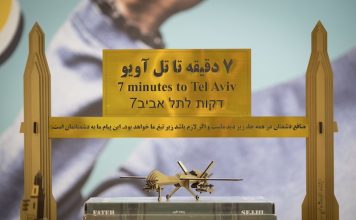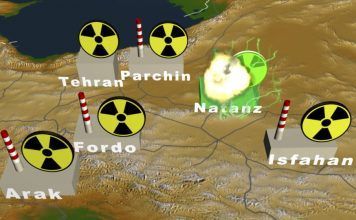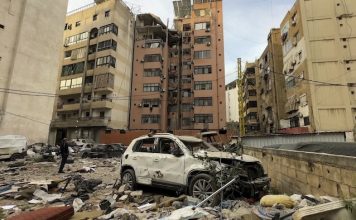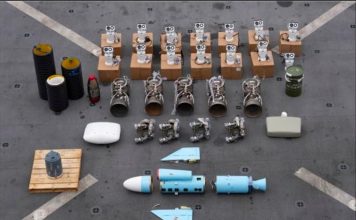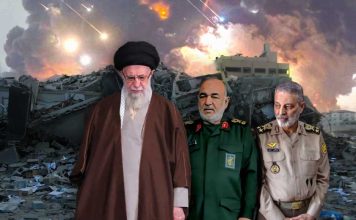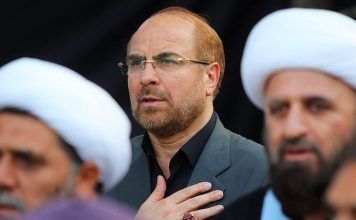The United Nations Special Rapporteur Dr. Javaid Rehman has said the mass executions and killings of thousands of political prisoners and minority groups by the Islamic Republic during the 1980s amounted to “genocide.”
He made the remarks during a July 19 event organized by the London-based Justice for Iran movement, a collective of human rights campaigners working to hold Islamic Republic officials who have committed human rights violations accountable, according to a report by BBC Persian. The event was held in parallel with the United Nations Human Rights Council in Geneva.
Rehman unveiled a dossier which offered detailed information about the mass executions of individuals aligned with movements opposing the Islamic Republic, as well as of ethnic and religious minority groups. The research, which was presented to the council, focused on alleged crimes against humanity which took place between 1981-82 and 1988 in the Islamic Republic.
The report also described the executions of women and young girls during this period, some of whom were raped by state officials beforehand. A significant number of children were among those executed.
Rehman told attendees that non-Muslim minority groups were still disproportionately affected by state-sponsored oppression today, and that “genocide in various ways” took place against these groups, especially Bahá’ís in Iran, who had been targeted for being a religious minority.
Responding on July 2 to the rapporteur’s comments, Padideh Sabeti, the director of the Office of Public Affairs for UK Bahá’ís, told Kayhan Life: “The prolonged and sustained persecution of the Baha’is by the Iranian government over the past four decades has been characterized by international bodies and human rights experts, including Javaid Rehman, the Special Rapporteur for Iran.”
“It is clear that under International law, the Iranian government has committed acts against the Bahá’ís that meet the threshold for the most serious crimes,” Sabeti said.
Iranian Authorities Demolish Bahai Minority’s Houses, Human Rights Groups Say
The Islamic Republic has signed or ratified several UN and international law treaties, including human rights conventions which legally bind the state to comply with those laws through Article 9 of the country’s own Civil Code.
The latest annual report on Iran by UN Secretary General António Guterres — an advance unedited version of which was published June 19 on the Human Rights Council’s website — contained concerns about ongoing and systematic abuse of minorities in Iran. Incidents of oppression included the denial of access to education and the arrest and imprisonment of individuals based on their perceived affiliation with such minorities, such as Ahwazi Arabs, Bahá’ís, Balochs and Kurds.
“Since October 2023, over 50 reported arrests and imprisonments took place in various cities including in Hamadan Isfahan, Karaj, Shiraz, and Yazd. Over two-thirds of those reportedly arrested and detained were women,” the report said.
“As of the time of writing, at least 14 Christians are reportedly detained for sentences between three months and five years in connection with the peaceful exercise of their religion. At least eight others have been sentenced for the same reason and await summons while temporarily released on bail.”

